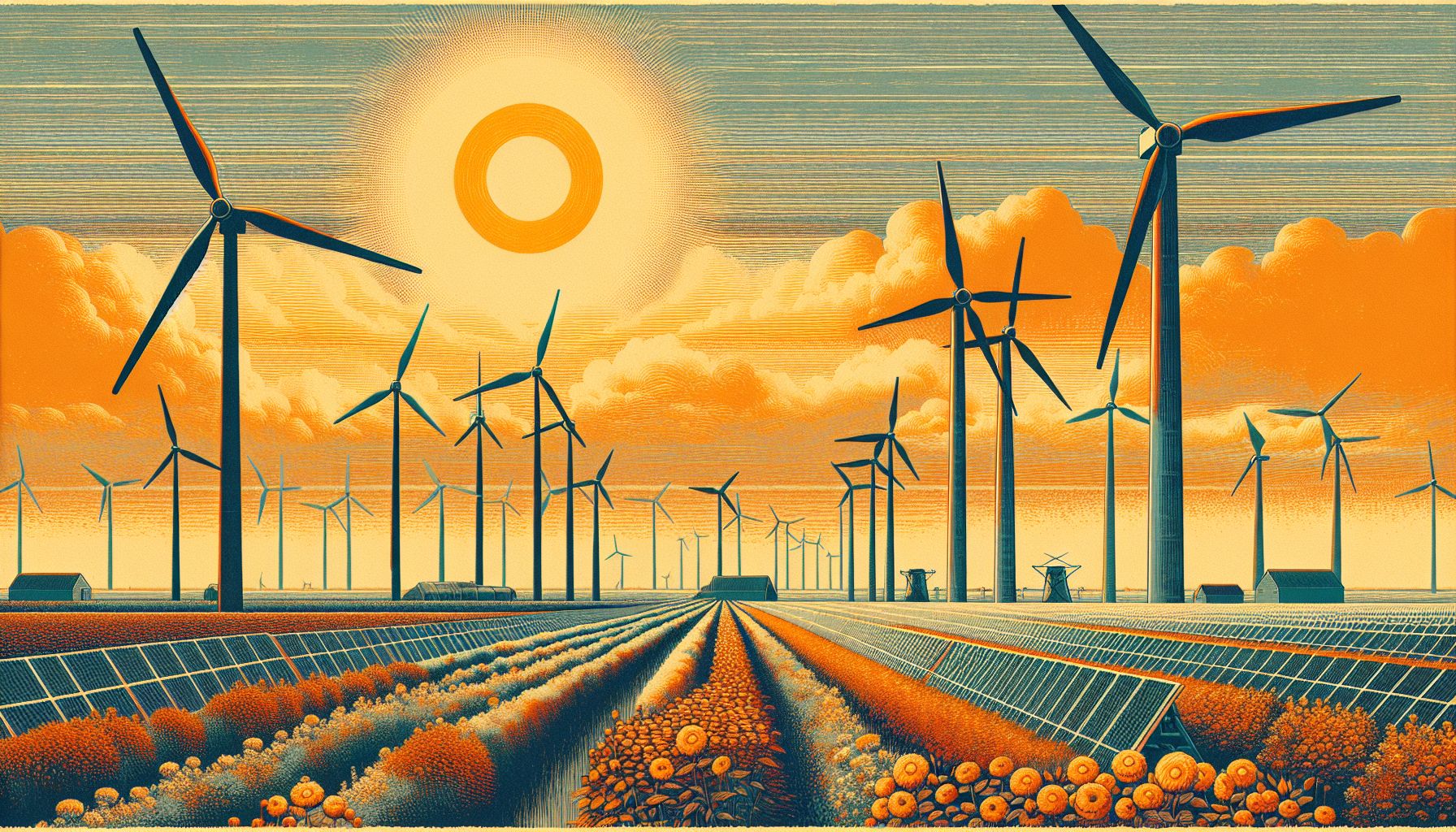Dutch Government Extends Energy Innovation Subsidies to 2027

The Hague, Thursday, 7 November 2024.
The Netherlands has extended its energy innovation subsidies until the end of 2027, reinforcing its commitment to sustainable energy technologies. This move is crucial for achieving national climate goals and maintaining momentum in the renewable energy sector.
Strategic Extension for Sustainable Progress
The Dutch Ministry’s decision to extend energy innovation subsidies through 2027 highlights the country’s strategic vision for a sustainable future. By prolonging these financial supports, the government aims to bolster advancements in sustainable energy technologies, which are pivotal in reducing the nation’s carbon footprint and meeting climate commitments. Minister Hermans emphasized that these subsidies are integral to the Netherlands’ climate policy, ensuring that innovation in energy remains at the forefront of national and international efforts[1].
Aligning with European Climate Trends
This extension aligns with broader European trends in reducing greenhouse gas emissions. According to the European Environment Agency, the EU has seen a significant decrease in carbon intensity in electricity generation, with a 19% reduction in CO2 emissions per kilowatt-hour in 2023 compared to 2022[2]. The Netherlands’ initiative complements these efforts by encouraging local innovations that can contribute to this downward trend, potentially influencing other EU member states to adopt similar measures.
The Role of Innovation in Climate Goals
Innovation is at the heart of the Netherlands’ strategy to combat climate change. By supporting technological advancements, these subsidies not only foster economic growth but also accelerate the transition from fossil fuels to renewable energy sources. The Dutch government’s commitment is evident in its participation in international coalitions aimed at phasing out fossil fuel subsidies, further solidifying its role as a leader in global climate action[3].
Implications for European Energy Policies
The extension of these subsidies may have significant implications for energy policies across Europe. As countries strive to meet the EU’s target of a 55% reduction in net GHG emissions by 2030, the Netherlands’ approach could serve as a model for integrating innovation into national climate strategies. This move underscores the necessity for rapid decarbonization and increased reliance on renewable energy, key factors in achieving energy security and reducing electricity costs across the continent[2].

